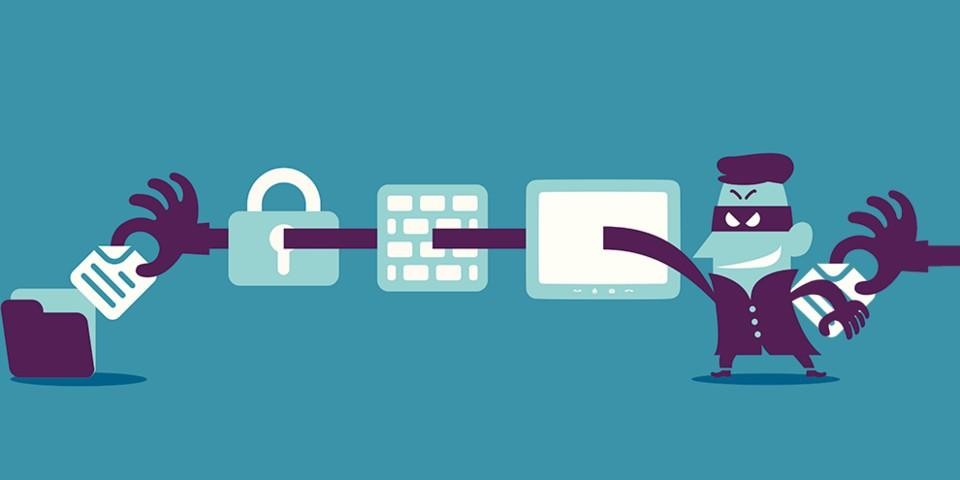How to prevent Modern Corporate Espionage?
Por: Francisco Santos

It is difficult to predict the impact that Modern Commercial Espionage can have on a company or even on the financial market.
What we do know is that it exists, even though some people like to say it is the work of conspiracy theorists.
How secure are your products? Your formulas, your codes? As a professional for more than ten years in the corporate world, whether CLT, PJ or service provider, I see countless mistakes related to digital security. Some of these mistakes are things that are completely easy to fix, like a network that uses the same wifi and wired network for both your visitors and your employees. These should be physically separated, which easily promotes the security of various files.
But what do you do when several of your workers need to access and work on files remotely? Your network may be secure, but what about the network your employees access from outside the company? These are just a few details.
How is the password control of your company's machines and emails? Regarding emails, are there alert filters in case employees leak files to third parties? How are the passwords for the various sectors sent to the employees?
All these questions are pertinent because in most cases we always shield the systems as if this would solve all the problems and forget that usually the weakest link is people and their behavior. Whether by the definition and acceptance of easy passwords or simply because the person sticks a Postit with the passwords under the keyboard, on the monitor or on the walls of the work partitions.
Today we have to worry beyond making systems more secure, we have to create secure work methodologies, and make use of more secure technologies. But all this is not enough, because we have to take care of the visibility of our company on the Internet, of our products and services.
Now imagine that an employee takes work home, maintains the social networks at home on weekends, and accesses company files remotely. Imagine also that this professional is using an unsecured network with an outdated computer and using easy passwords. In short, many times what causes espionage is the ease of espionage.
